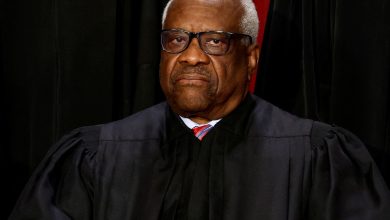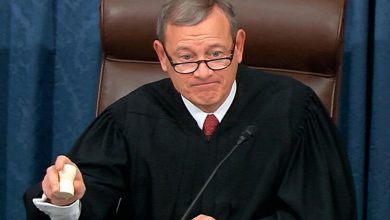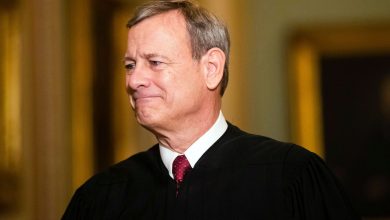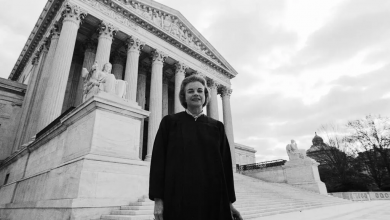Clarence Thomas: Essential Facts about the Supreme Court's Lengthiest Serving Justice

Clarence Thomas assumed his role on the U.S. Supreme Court on October 23, 1991, succeeding Justice Thurgood Marshall. He stands as the most enduring serving Justice presently, having taken office before 2000, a testament to his longevity on the bench. Born in Georgia on June 23, 1948, Thomas made history as the first member of his family to attend college, initially enrolling at Conception Seminary College in Missouri before transferring to the College of the Holy Cross in Massachusetts, where he pursued English literature, graduating cum laude in 1971. Subsequently, he earned his law degree from Yale Law School in 1974.
Following his academic pursuits, Thomas embarked on a career in law and public service. He served as an Assistant Attorney General of Missouri for three years before transitioning to a brief tenure at the Monsanto chemical company. Later, he relocated to Washington, D.C., assuming a position with the Senate Commerce Committee. In 1981, Thomas ascended to the role of Assistant Secretary for Civil Rights in the Department of Education, eventually becoming the Chairman of the Equal Employment Opportunity Commission for eight years.
President George H.W. Bush nominated Thomas to the U.S. Court of Appeals for the District of Columbia Circuit in late 1989, a position he held after confirmation in March 1990. Thomas found himself on the Supreme Court nominee list just a year later, filling the vacancy left by Justice Thurgood Marshall’s retirement upon Bush’s nomination on July 8, 1991. However, his confirmation process was fraught with controversy, including allegations of sexual harassment. Despite the tumult, Thomas secured confirmation by a narrow Senate vote of 52-48 on October 15, 1991.
Known for his reticence during oral arguments, Thomas garnered attention for refraining from posing questions between February 2006 and February 2016, a stark departure from his colleagues’ customary engagement. His judicial philosophy leans conservative, evident in his stances on issues such as abortion rights, LGBTQ+ rights, and affirmative action. Notably, Thomas demonstrates deference to executive authority and skepticism towards statutory and constitutional protections in areas like employee rights and criminal justice. While expressing respect for precedent, his opinions occasionally challenge established legal norms more than his counterparts.




